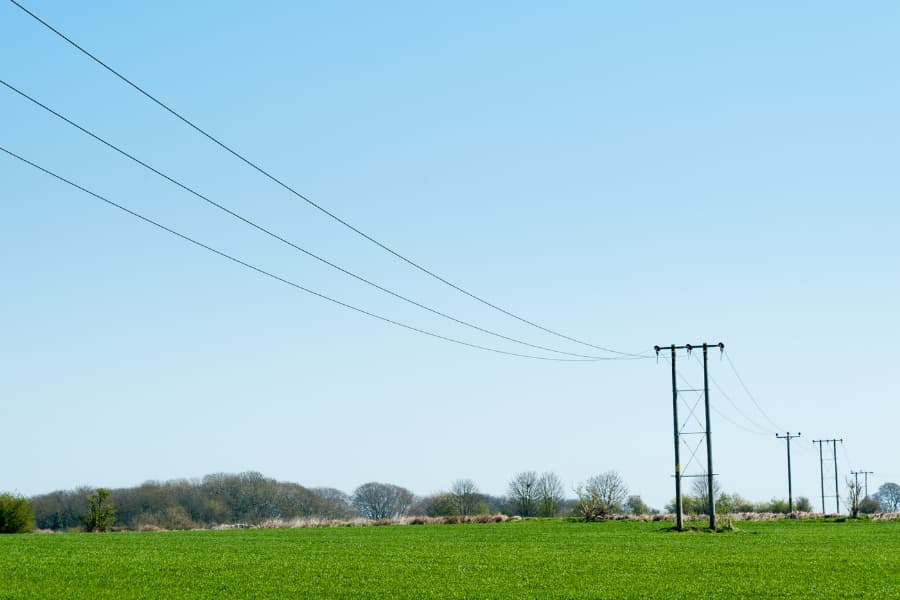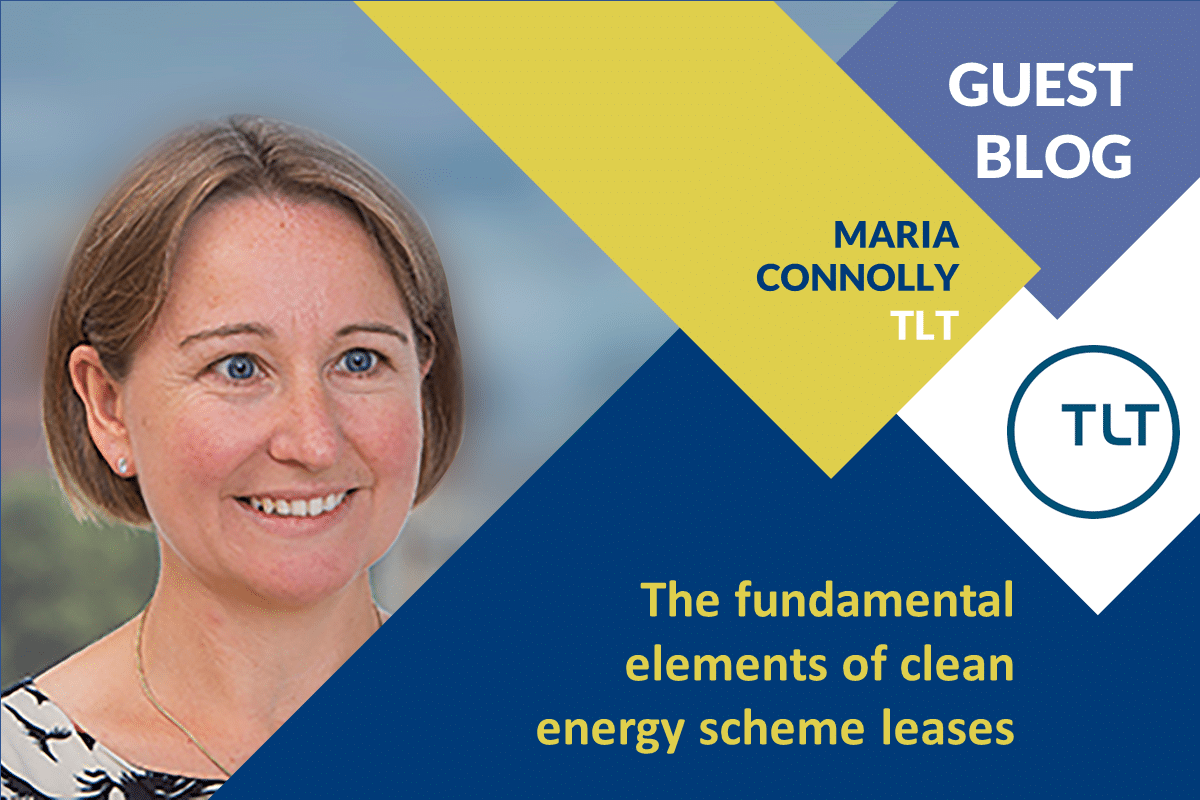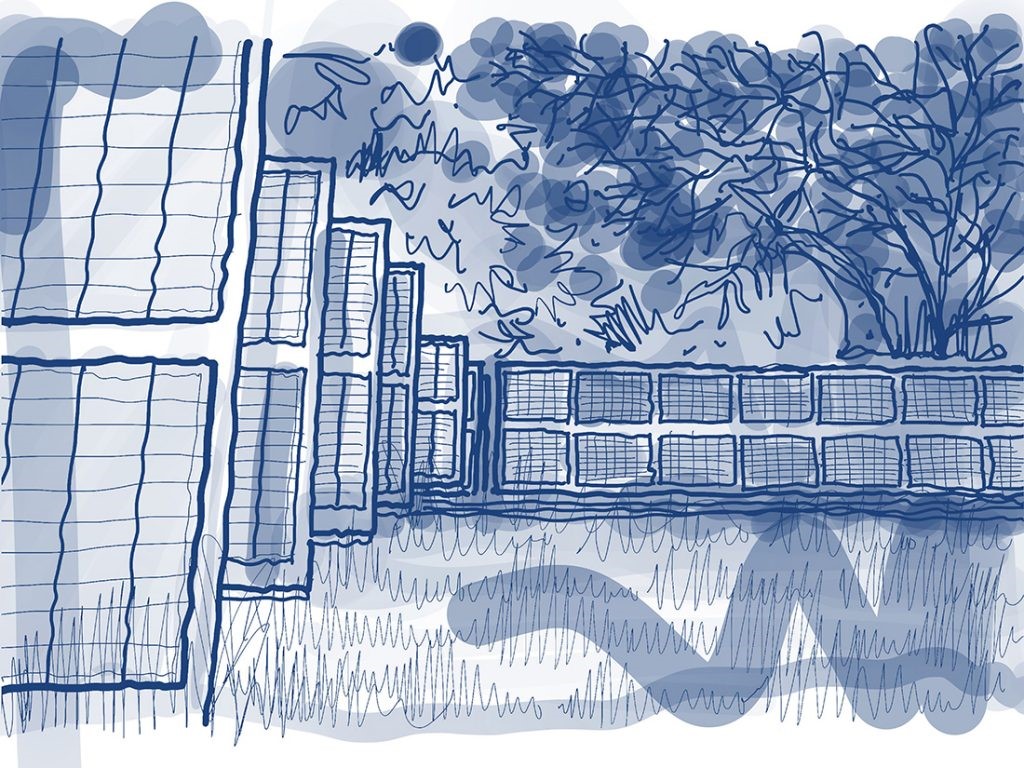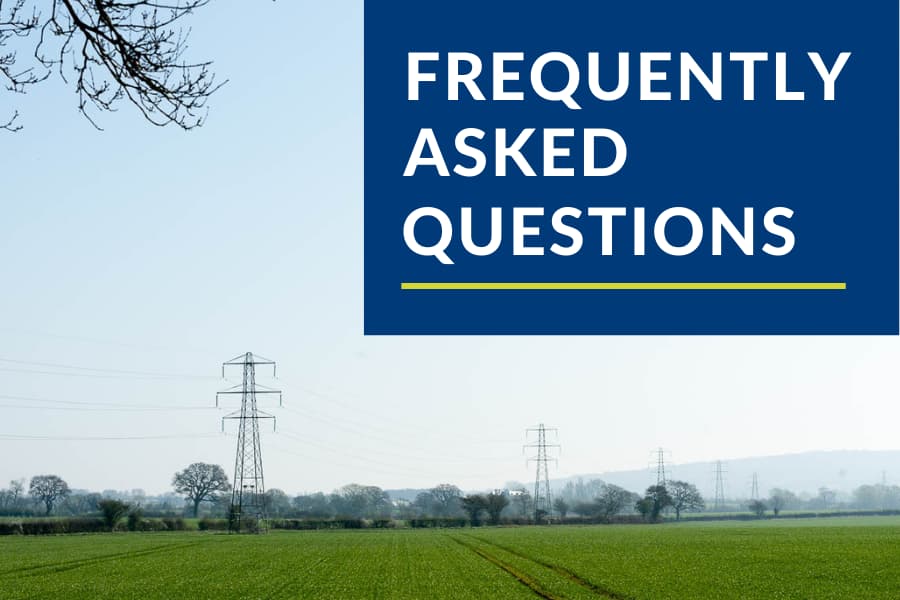Green Recovery Scheme call for evidence – take a considered approach
Since the Energy Networks Association (ENA) launched its Call for Evidence for the Green Recovery Scheme on 9 February, there has been heightened activity in new clean energy schemes. However, Hugh Taylor warns that call for evidence submissions must be carefully considered, not rushed, and clearly demonstrate how a scheme will deliver against Ofgem and the Distribution Network Operators (DNOs) objectives.
With the UK’s ambitious net zero carbon emissions targets, the Government recognises it cannot delay in building a clean energy infrastructure to power transport and heat homes emissions-free. In conjunction with Ofgem, all DNOs opened a call for evidence to find ‘shovel-ready’ green energy projects that can be kick-started by strategic investment in the electrical network – which would create new capacity to significantly reduce the cost of connecting the project, and others, to the grid.
The Networks are making up to £300m available across the six Distribution Network Operators (DNO) areas to enable such network reinforcement projects.
The Green Recovery Scheme call for evidence is well thought out and will undoubtedly enable a number of schemes delivering fantastic benefits. But the fact that there is £300million being dangled in front of stakeholders is generating an awful lot of excitement that, in many quarters, can’t be justified. To put this into context, Western Power Distribution has £80 million of the £300 million to allocate across its four license areas. As such there is only £20 million to be spent in each of the South West, South Wales, the West Midlands and the East Midlands. In terms of network reinforcements, that is not a lot.
DNOs are looking for evidence from stakeholders to enable them to short list projects to put to Ofgem for consideration. Short-listed project will be the most efficient projects or those that demonstrate ‘least-regrets’ expenditure. Projects will need to demonstrate how they meet both the Government’s Net Zero objective and the Ten Point Green Recovery Plan, and make a difference in the next two to three years. They will also be assessed on their contribution towards improving air quality, creating jobs and alleviating fuel poverty in local communities.
Lots of submissions will be appropriate and justified, but from what we’ve seen, plenty of applications are going in that haven’t been carefully thought through – the selling points haven’t been addressed, and the DNOs haven’t been engaged. There are no points to be won for getting evidence in early either. DNOs are not reviewing the documents and then shortlisting them until after the call for evidence ends – which is 19 March.
Applications must meet the basic criteria and demonstrate that they’ll deliver in some or all of the areas to the extent that it is better than other schemes – it is, in essence, a competition. The DNOs, Ofgem and the Energy Networks Association (ENA) will all, quite rightly, be looking for the greatest bang for the electricity bill-payers buck. This should be held firmly in mind when deciding which schemes to submit – if any – and what evidence to present in support of your case.
We advise that schemes should be submitted with great care, and less speed. We’ve heard of a case where within two days of the call for evidence being issued, a grid consultant had already emailed the DNO system planners for all their schemes to ask whether each will qualify. Whilst we do recommend a level of engagement with DNOs in advance of any appropriate submission, we believe this is best done sparingly and more as a means of airing your evidence and arguments – and garnering political support – than wasting busy System Planners’ time in filtering through your projects. If there is one thing a DNO engineer will respond well to, it is an appreciation of the horrendous workloads they are under – and any lazy or ill-considered approaches that suggest a lack of empathy with their situation are likely to be counter-productive, at best.
Ofgem and the ENA are looking for ‘shovel ready’ projects. Whilst the industry normally considers shovel ready as having the holy trinity of grid, planning and land rights, this is actually far from the case in the context of the Green Recovery Scheme. The call for evidence, in fact, specifically states that planning and land rights are not prerequisites (although we recommend that demonstrable progress towards planning and land rights be evidenced). Conversely, should a connection offer for a scheme have already been accepted, this may, in effect, preclude that scheme owing to the commercial case for the connection having, theoretically, already been proved. Arguably, the same could be said for network constraints under flexible connection arrangements, but there is potentially more mileage to made in this regard, depending on the wider network circumstances.
At Roadnight Taylor, we are assisting our clients where we feel both that their schemes have genuine credentials, and that the client buys into our approach. Just like our connection applications themselves, we will not be making any careless submissions.
For more information on the Green Recovery scheme call for evidence visit:
Ofgem’s open letter – https://www.ofgem.gov.uk/publications-and-updates/open-letter-energy-network-association-green-recovery-scheme
The Energy Network Association (ENA) – https://www.energynetworks.org/greenrecovery
Each DNO has published information about the scheme in their license areas, for example: Western Power Distribution – https://www.westernpower.co.uk/green-recovery/
Contact us
To find out if you have a viable opportunity for an energy scheme on your land, call us on 01993 830571 or send us a message via our contact form.





